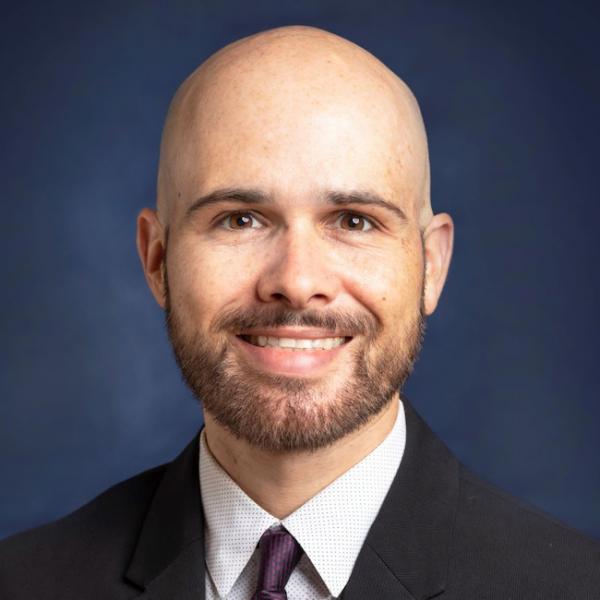Hosted by Robert W. Eisinger, PhD, acting deputy director for program coordination, planning, and strategic initiatives at the US National Institutes of Health, with guest speaker Gary H. Gibbons, MD, director of the National Heart, Lung, and Blood Institute.
The presentation explores community engagement as a core principle of Researching Covid to Enhance Recovery (RECOVER), how inclusive engagement shapes the initiative, and RECOVER’s progress across multiple components in 2022.
FasterCures, a center of the Milken Institute's new webinar series “Advances in Science” features esteemed scientists and medical thought leaders for a scientific discussion probing key issues, lessons learned, and opportunities for transformation in health. To receive updates on this webinar series, please subscribe here.

Related Content
-

Access Point: Trends in Clinical Trials Transformation #2
FasterCures’ Access Point: Trends in Clinical Trials Transformation is a quarterly horizon scan examining how emerging trends, organizations, and initiatives are transforming clinical trial access and efficiency. Each issue highlights...Read ReportFasterCures’ Access Point: Trends in Clinical Trials Transformation is a quarterly horizon scan examining how emerging trends, organizations, and initiatives are transforming clinical trial access and...
-

The Future of US Biomedical Research and Innovation: Recommendations for Action
The United States biomedical research and innovation enterprise has long been a source of global leadership, scientific breakthroughs, and lifesaving treatments. Decades of investments in research and development have positioned the US as...Read ReportThe United States biomedical research and innovation enterprise has long been a source of global leadership, scientific breakthroughs, and lifesaving treatments.
-

Access Point: Trends in Clinical Trials Transformation
FasterCures is launching Access Point: Trends in Trial Transformation, a quarterly horizon scan examining how emerging trends, organizations, and initiatives are transforming clinical trial access and efficiency.Read Report -

Defining and Demonstrating the Value of Patient Engagement in Medtech Research and Product Development
In 2022, FasterCures published a report titled The Current Landscape of the Science of Patient Input, which examined the progress of patient engagement (PE) in biomedical research and identified ways to overcome ongoing challenges. Building...Read Report

 AS
AS
-

Key Trends in Health at Milken Institute Global Conference 2023
The 26th annual Milken Institute Global Conference convened the best minds in the world to tackle its most urgent challenges and realize its most exciting opportunities. Throughout the four-day event, our health teams curated nearly three...Read Report -

Mapping the Journey: Building a Mutual Understanding for Health Equity in Clinical Research
If the objective of biomedical research is to spur innovation to create healthier communities, extend life, and more effectively treat or cure disease, then persistent inequities run counter to that goal and create unnecessary barriers to...Read Report
 KO
KO
-

Community-Based Infrastructure for Inclusive Research: Engaging the Private Sector
Clinical trial networks, as evidenced during the COVID-19 pandemic, really are “national critical infrastructure.” The pandemic revealed prominent gaps and stark differences in health outcomes across various populations. A community-based...Read Report -
Advances in Science: Lessons Learned from the HIV/AIDS Pandemic Applied to COVID-19
Hosted by Robert W. Eisinger, PhD, Acting Deputy Director for Program Coordination, Planning, and Strategic Initiatives at the US National Institutes of Health (NIH), with guest speaker Michael S. Saag, MD, Professor Emeritus of Medicine...View Webinar -
Advances in Science: Beyond “One Disease at a Time:” Therapeutic Platforms for Monogenic Disease
Guest speaker Philip John (P.J.) Brooks, PhD, acting director of the Division of Rare Diseases Research Innovation at the National Institutes of Health’s National Center for Advancing Translational Sciences (NCATS) delivered a presentation...View Webinar

